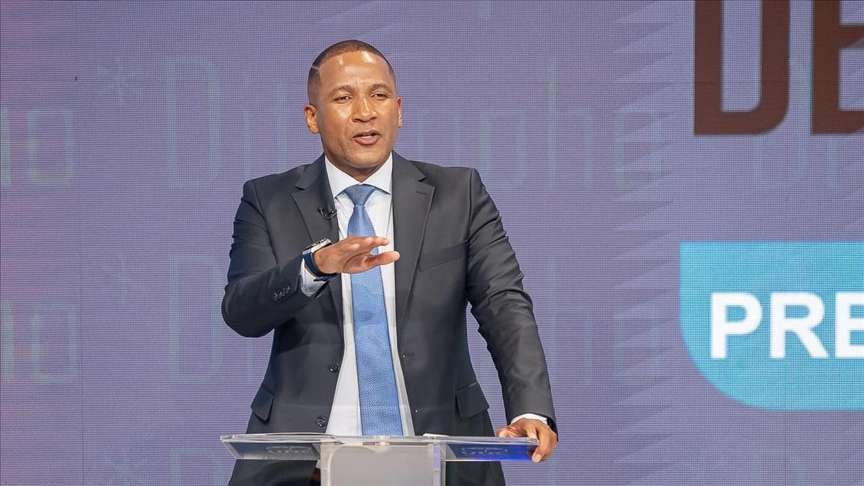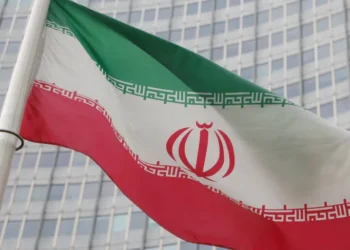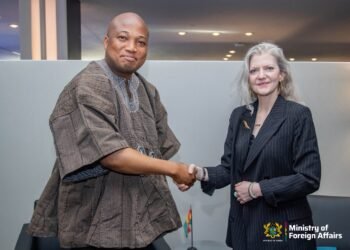Botswana is preparing to roll out a new citizenship-by-investment program as part of efforts to reduce its reliance on diamond exports and attract new sources of foreign capital. President Duma Boko announced the move on Friday, framing it as a decisive step to secure the country’s financial future amid continued economic strain.
The southern African nation, long recognized as the world’s leading producer of diamonds by value, has seen its public finances tighten due to a prolonged slump in the global diamond trade. The downturn has led to budget shortfalls, with the economy shrinking by 3% last year and the government warning of another contraction in 2025.
“This program will enable us to continue to secure the long-term financial future of Botswana,” Boko said in a statement outlining the plan. He explained that funds raised through the initiative would be directed toward priority sectors such as housing, tourism, renewable energy, mining, and financial services.
Although the exact investment threshold for securing citizenship has not yet been determined, the government has signed a memorandum of understanding with global investment migration consultancy Arton Capital to guide the program’s establishment.
Botswana’s Program Aims To Diversify National Economy
The introduction of the citizenship-by-investment scheme comes after a string of measures designed to shield the economy from overdependence on diamonds. In August, Boko declared a public health emergency following the collapse of the national medical supply chain, while in September, the government launched a sovereign wealth fund aimed at job creation, diversification, and management of state-owned companies.
Officials describe the CBI program as a strategic initiative tailored to attract high-net-worth individuals. Applicants will be required to make significant contributions to government-approved projects or sectors such as real estate, enterprise development, or government bonds. By channeling capital into productive areas, the scheme is expected to stimulate growth, expand infrastructure, and provide new employment opportunities.
Unlike some global programs that fast-track citizenship, Botswana’s plan emphasizes due diligence and strict vetting. Applicants will undergo a rigorous review process managed by security agencies to verify the source of funds and prevent risks such as money laundering or political interference.
Successful candidates, along with their immediate families, will gain full citizenship rights, including access to education, healthcare, and the ability to live and work without restrictions. The program is also designed to integrate investors into Botswana’s broader development agenda, ensuring that investments align with long-term national objectives.
The proposal has sparked regional interest because Botswana remains one of Africa’s most stable democracies, consistently praised for its governance and rule of law. Investors are likely to be drawn by the country’s political stability, low corruption, and promising sectors beyond diamonds, particularly mining, financial services, and tourism.

Supporters argue that the initiative offers more than just a passport, positioning Botswana as a hub for global mobility and investment opportunities. With stringent checks in place, the government hopes to combine economic benefits with security and integrity, creating a balanced approach that avoids the pitfalls seen in other nations’ programs.
Still, the announcement has not been free of cautionary voices. Critics of citizenship-for-sale schemes worldwide highlight potential risks, including reputational damage and the possibility of programs being exploited by individuals with questionable backgrounds. They argue that unless carefully monitored, such initiatives could compromise national interests.
Botswana’s government has responded by emphasizing its commitment to safeguarding the program through robust oversight and transparency. Officials stress that citizenship will not be granted lightly, and that every application will undergo extensive scrutiny to protect the nation’s reputation and security.
As such, the Citizenship-by-Investment program represents Botswana’s attempt to reimagine its economic model and reduce its exposure to diamond volatility. By offering citizenship in exchange for investment, the country seeks to harness global capital while reinforcing its credentials as a stable and forward-looking African economy.
As President Boko put it, the initiative is not only about securing funds but about shaping a sustainable future: “This program will enable us to continue to secure the long-term financial future of Botswana.
READ ALSO: GBA’s Constitutional Role Sparks Accountability Debate



















